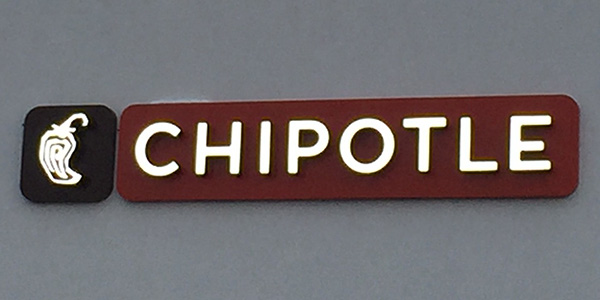Chipotle is facing formidable challenges in the wake of last year’s E.coli and norovirus outbreaks. Sales are down. Its stock price is dropping. Federal authorities are conducting a criminal probe of one of its locations. And then there’s the barrage of high profile media coverage like Businessweek’s cover story.
A quick pass through the comments section of any related story confirms schadenfreude. On the heels of its factory farming video and controversial anti-GMO announcement, Chipotle’s woes have inspired skeptics and critics to revel in its setbacks.
The latest development? Mainstream media outlets like Time’s Everyday Money are beginning to question if Chipotle’s challenges could ruin locally-sourced food for other chains. Reporter Ethan Wolff-Mann explores the practical challenges of local-sourcing along the supply chain, particularly when it comes to food safety compliance.
Preparing food onsite, as Chipotle does, can introduce added complexity. Diseconomies of scale, varying safety and farming standards, different growing practices, traceability from farm to restaurant, and more chances for contamination are among the issues that arise when dealing with numerous small local sources. Other chain restaurants source from industrial suppliers, and prepare food and prep ingredients at large, centralized commissaries where it is chemically cleaned. Although streamlined, these large-scale operations are not without their own challenges.
While the E.coli outbreak exposed faults in Chipotle’s operations, it is important to note that Businessweek reported it is believed to have originated with a big supplier, not a local farm. This irony has been largely ignored in favor of criticizing Chipotle’s brand vision and market positioning.
Given the tremendous impact Chipotle has had on raising consciousness in a notoriously unhealthy industry, it would be a giant step backwards to abandon local sourcing. Instead, these unfortunate events can serve as a starting point for re-thinking how large-scale operations, safety standards and supply chain management need to be improved to support fresher local fare.

